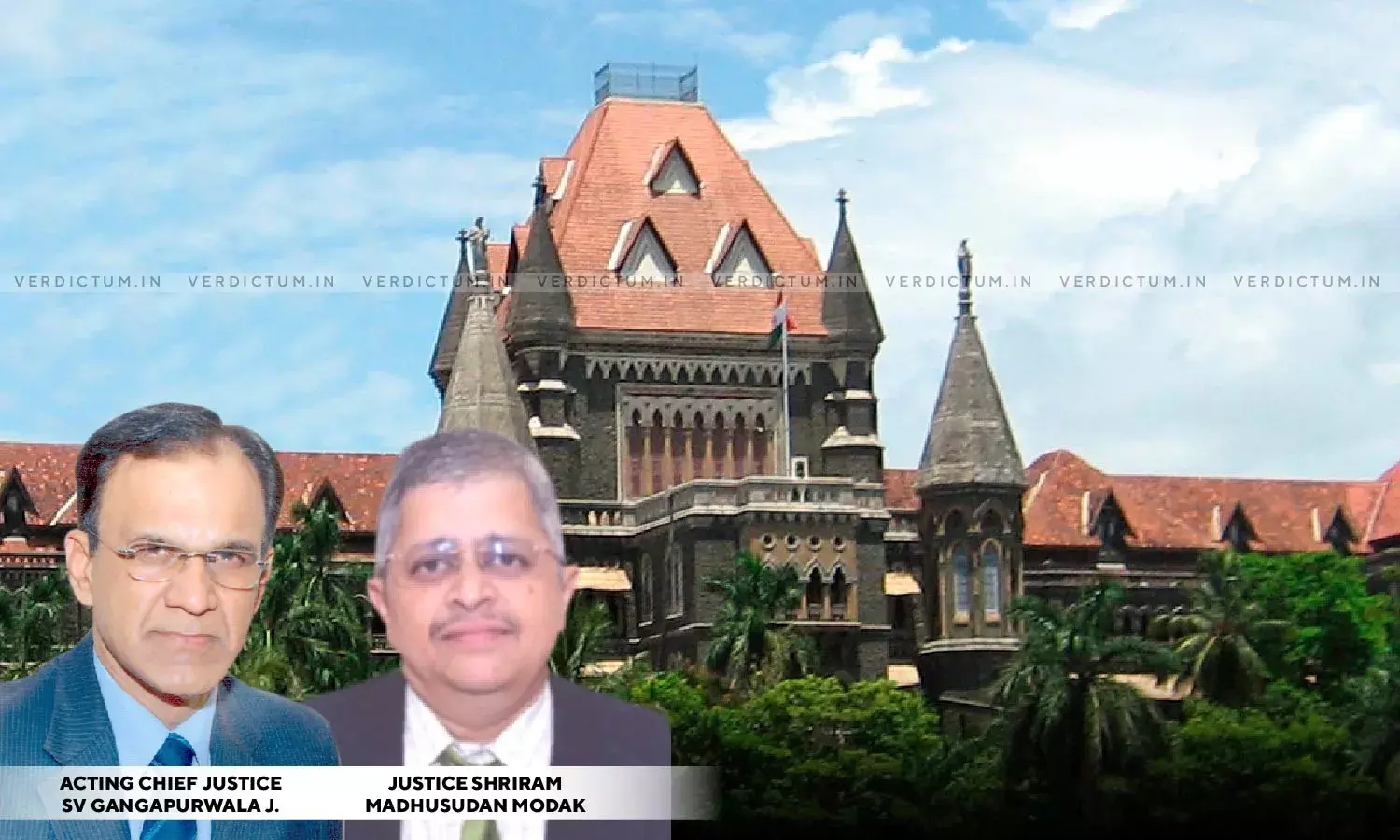Bombay HC Sets Aside Yes Bank Administrator’s 2020 Decision To Write Off Additional Tier 1 (AT-1) Bonds
The Bombay High Court while dealing with a batch of petitions has recently on January 20 set aside the decision of the Yes Bank Administrator taken in the year 2020 to write off the Additional Tier 1 (AT-1) bonds.
The Court said that the Administrator did not have the authority to take such a kind of decision to write off bonds worth Rs. 8,415 crores as part of the bailout.
The Division Bench of Acting Chief Justice S.V. Gangapurwala and Justice S.M. Modak held, “… the Administrator could not have taken such a policy decision of writing down the AT-1 bonds. Nor the RBI had authorized him to do so. The Final Reconstruction Scheme also did not authorize Administrator to write off the AT-1 bonds. It appears that Administrator exceeded his powers and authority in writing off AT-1 bonds after the bank was reconstructed on March 13, 2020.”
The Bench noted that the final scheme sanctioned by the Central Government did not contain the clause or provision for writing down AT-1 bonds.
“It appears that upon consideration of the objections the Reserve Bank made modification in the draft scheme, as permissible under section 45(6)(b) of the Act of 1949. It deleted the clause of writing down of AT-1 bonds”, the Bench further noted.
It was also observed by the Court that the Master Circular issued by the Reserve Bank of India was based on the guidelines on the Basel III reforms and that such a circular would have a statutory recognition.
Senior Advocate Srijan Sinha appeared on behalf of the petitioners while Senior Advocate Aspi Chinnoy appeared for the Bank’s Administrator and Senior Advocate Ravi Kadam for the RBI.
In this case, the write-down of AT-1 bonds affected the legal rights of a class of citizens and thus was amenable to writ jurisdiction as per the petitioners. It was also submitted that one of the petitioners i.e., the Yes Bank AT-1 Bondholders Association approached the Supreme Court with a writ petition and it had declined to entertain the same and directed the petitioner to approach the concerned High Court under Article 226.
The counsel for the petitioners submitted that the Master Circular issued by the Reserve Bank of India had statutory force. The RBI under section 35A of the Banking Regulation Act, 1949 is empowered to issue directions as it may deem fit and the banking companies shall be bound to comply with such directions. The matter was therefore before the High Court.
The High Court after hearing the contentions of parties noted, “The draft scheme invited suggestions and comments up to March 9, 2020. In light of the extremely short time frame given by the Reserve Bank to file suggestions and objections to the Draft Scheme, the petitioner as instructed by the bond holders filed a writ petition seeking further time to make representations.”
The Court further said that it would not dwell into the aspect as to whether the writing off the AT-1 bonds was necessary.
“We would not enter into a debate as to whether the AT-1 bonds could have been converted into the shares and or whether they could have been proportionately written down. The Court would not possess the necessary expertise of the same. This Court would only consider whether the decision making process has been adhered to and that it was within the competence of the Administrator to write down the AT-1 bonds in the facts and circumstances of the present case”, the Court further asserted.
It was also observed by the Court that the Master Circular of the RBI was issued by exercising the statutory powers.
The Court further observed, “Clause 57 reproduced (Supra) under which the powers are exercised for writing down the AT-1 bonds is based upon the Master Circular. Clause 57 of Information Brochure and Clause 2.15 of the Master Circular appear to be ad verbatim.”
The Court also said that the final scheme sanctioned by the Central Government did not contain the clause or provision for writing down AT-1 bonds.
“If a contract incorporates certain terms and conditions in it, which are statutory then the said contract to that extent is statutory. Clause 57 of the Information Memorandum binding the parties and relevant for our consideration is extracted from the Master Circular based on Basel III Norms. Clause 57 also suggests that the writing off or conversion to shares would be in accordance with these rules. In view of that, Writ Petition would be tenable before this court”, the Court observed.
It was further held by the Court that the impugned letter dated March 14, 2020, and the decision to write off Additional Tier 1 (AT-1) bonds deserve to be set aside.
The Court, however, stayed the order for a period of six weeks.
Accordingly, the Court set aside and quashed the Administrator’s decision.
Cause Title- Yes Bank At1 Bondholders Association v. Reserve Bank Of India And 15 Ors.
Click here to read/download the Judgment




